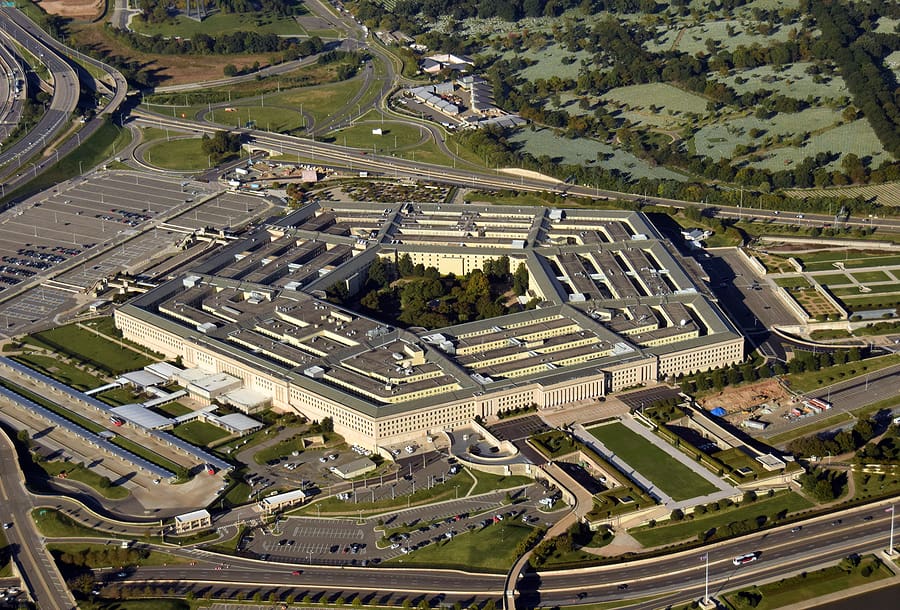Politicizing the Military Chain of Command Is Dangerous
The integrity of the military chain of command is a cornerstone of effective national defense and the security of a nation. When this chain becomes politicized, it threatens not only military effectiveness but also the foundational principles of democracy and civilian control of the military. The military exists primarily to serve the interests of the nation, independent of political pressures that can compromise its mission and integrity.
One of the primary dangers of politicizing the military is the erosion of trust among service members. The military relies on a strict hierarchy where orders must be followed without question. When political affiliations influence promotions, appointments, or operational decisions, it creates divisions within the ranks. Soldiers, sailors, and airmen must trust their leaders, knowing that tactical decisions are based on the best military judgment rather than political expediency. A politicized military risks fostering an environment where loyalty to political leaders supersedes loyalty to fellow service members or the mission itself.
Moreover, politicization undermines the principle of civilian control of the military, which is a fundamental aspect of American democracy. The military’s role is to serve the elected government, and when military leaders begin to act in accordance with political ideologies, the delicate balance between civilian leadership and military authority becomes jeopardized. This can lead to a scenario where military power is co-opted for partisan purposes, thereby undermining the democratic system that the military is sworn to protect.
Internationally, a politicized military can also damage the reputation and credibility of a nation. Allies depend on trust and cooperation, and when a military is seen as a tool of political agendas, it can lead to hesitancy in alliances and partnerships. Tactical decisions that should be based on strategic interests may instead be influenced by domestic political agendas, leading to inefficacy in joint operations and potential failures on the global stage.
Additionally, the politicization of the military can worsen internal divisions within a country. When military leaders are perceived as political actors, it can further polarize an already divided populace. Citizens may lose faith in the military’s commitment to serve all Americans, fostering an environment of distrust and resentment.
In conclusion, maintaining the integrity of the military chain of command is crucial for national security, the effectiveness of military operations, and the preservation of democratic values. A non-partisan military force is essential for ensuring that the United States remains a nation governed by the rule of law, where military power is used judiciously and in accordance with the interests of the nation as a whole. Political influence in military affairs does not merely risk harming the military; it threatens the very fabric of democracy itself.
For more details and the full reference, visit the source link below:


